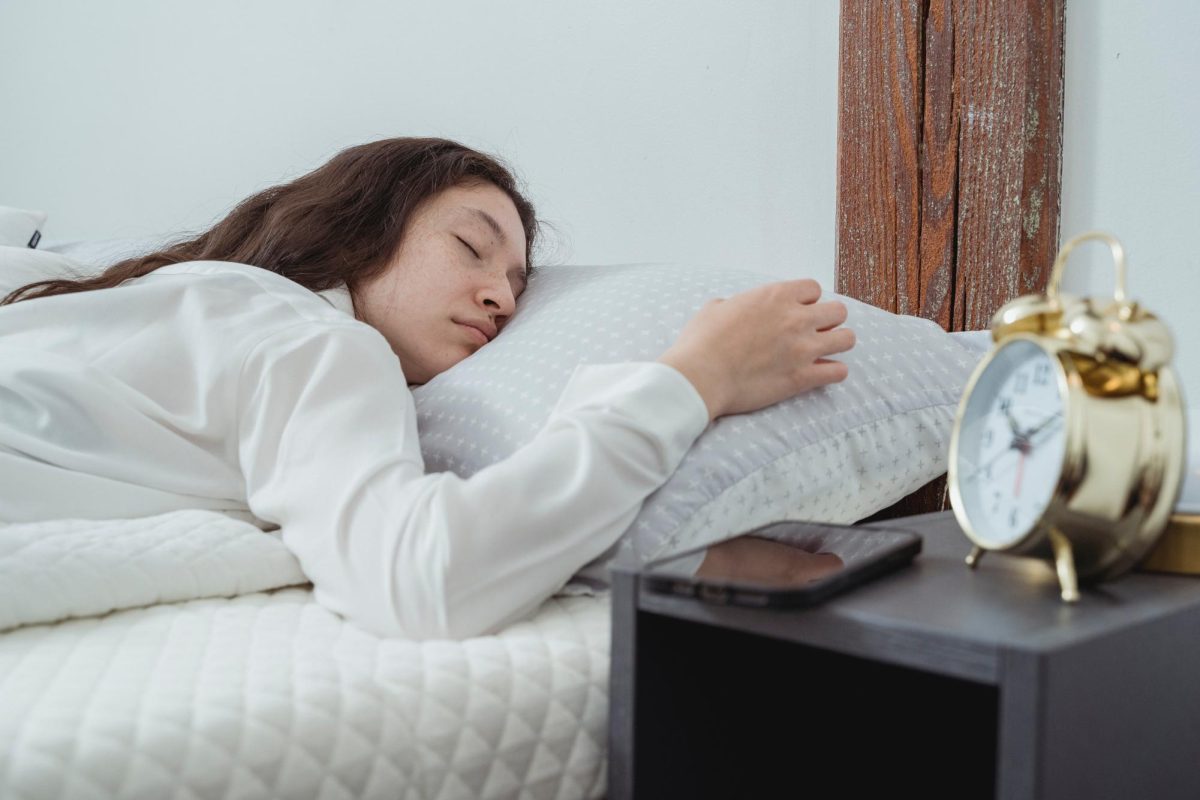In the relentless pursuit of excellence in sports and athletics, athletes continually explore avenues to gain a competitive edge. Training, nutrition and supplements have long been focal points in this quest. One often-overlooked factor can make a significant difference in the life of a sportsperson: sleep.
It has been shown scientifically that having a good night sleep provide many health benefits. For those who find it difficult to have a restful sleep, there are over-the-counter sleep aids like Dreambuzz and NooCube Sleep Upgrade that that can be of great help. These sleep aids are fantastic and have no harmful side effects on your body. They are beneficial not just for sportspersons, but also people who for some reason have trouble sleeping at night.
The sleep supplements mentioned above regulate your circadian cycle, calm your muscles and relax you physically. This way, you can rest peacefully and have a deep sleep. Moreover, unlike other melatonin-based sleep supplements that could induce dependence, these sleeping aids are natural supplements that do not affect your body adversely.
Understanding the benefits of having a good night’s sleep is helpful for anyone who is health conscious. But in this article, we look at the health benefits of quality sleep and why a good night’s sleep truly stands as ‘the magic pill’ for peak athletic performance.
Muscle Recovery and Growth
One of the most critical aspects of athletic performance is the ability to recover effectively from intense training. Sleep plays a vital role in this approach. During deep sleep, the body releases growth hormones that are essential for muscle repair and growth. Adequate sleep allows athletes to recover faster, reducing the risk of injuries and ensuring their muscles are ready for the next challenge.
For instance, a study in the Journal of Strength and Conditioning Research discovered that athletes who consistently slept 8 hours or more exhibited 30% faster recovery after intense workouts than those who slept less. This translates to a reduced risk of injury and means athletes can push harder in their training sessions, ultimately leading to improved performance.
Cognitive Function and Reaction Time
Athletic success depends not solely on physical ability, but also mental acuity and reaction time. Sleep is instrumental in enhancing cognitive function. Studies have shown that a well-rested athlete exhibits improved decision-making abilities, sharper focus and faster reaction times, which are all critical during high-pressure sporting events.
Research conducted at Stanford University demonstrated that athletes who had adequate sleep for several weeks showed marked improvements in their reaction times and overall performance. They could make more accurate split-second decisions, giving them a significant advantage on the field.
Hormonal Balance
Hormonal balance is crucial for athletic performance and sleep is critical in regulating hormones. Sleep deprivation can disrupt the balance of hormones like cortisol, testosterone and insulin. These imbalances can lead to increased stress, decreased muscle mass and reduced energy levels, all detrimental to an athlete’s performance.
Recent research published in the Journal of Applied Physiology revealed that getting sufficient sleep significantly boosted testosterone levels in athletes. Increased testosterone not only aids in muscle development, but also enhances the competitive drive and confidence of an athlete.
Immune System Support
Athletes often practice routines that exhaust their muscles, making them susceptible to illnesses and infections. Sleep is a natural immune booster. During deep sleep, the immune system gets rejuvenated, producing cytokines and antibodies that help fend off infections.
Quality sleep helps athletes stay healthy and maintain their training and competition schedules. A study published in the Journal of Sleep Research showed that athletes who regularly achieved 7- 9 hours of sleep per night had a significantly lower risk of contracting common illnesses like colds and flu than those with irregular sleep patterns.
Energy Restoration
Energy is the lifeblood of any athletic endeavor. When an athlete sleeps, the body replenishes its energy stores, primarily through restoring glycogen in the muscles and liver.
This energy reservoir is essential for sustained endurance and peak performance during competitions. Additionally, sleep contributes to the efficient functioning of the lymphatic system which helps remove waste products from the brain. A well-rested brain operates optimally, translating to improved decision-making, coordination and overall performance.
Injury Prevention and Pain Management
Sleep plays a critical role in injury prevention and pain management. Sleep deprivation can lead to an increased perception of pain and slower recovery from injuries.
Athletes who sleep well experience reduced pain sensitivity and a faster healing process, allowing them to maintain their training routines and perform at their best. Studies in sports medicine have shown that athletes who consistently get adequate sleep have a lower risk of suffering from injuries such as strains, sprains and stress fractures.
Conclusion
Having a good night’s sleep is important in athletic performance. It is not just a matter of feeling refreshed, but sleep impacts every aspect of an athlete’s physical and mental well-being.
From muscle recovery to hormonal balance to cognitive function to immune support, energy restoration and injury prevention, the health benefits of quality sleep for athletic performers are undeniable. So, if you’re an athlete looking to improve your performance, don’t underestimate the power of a good night’s sleep – it could be the key to reaching your full potential.



